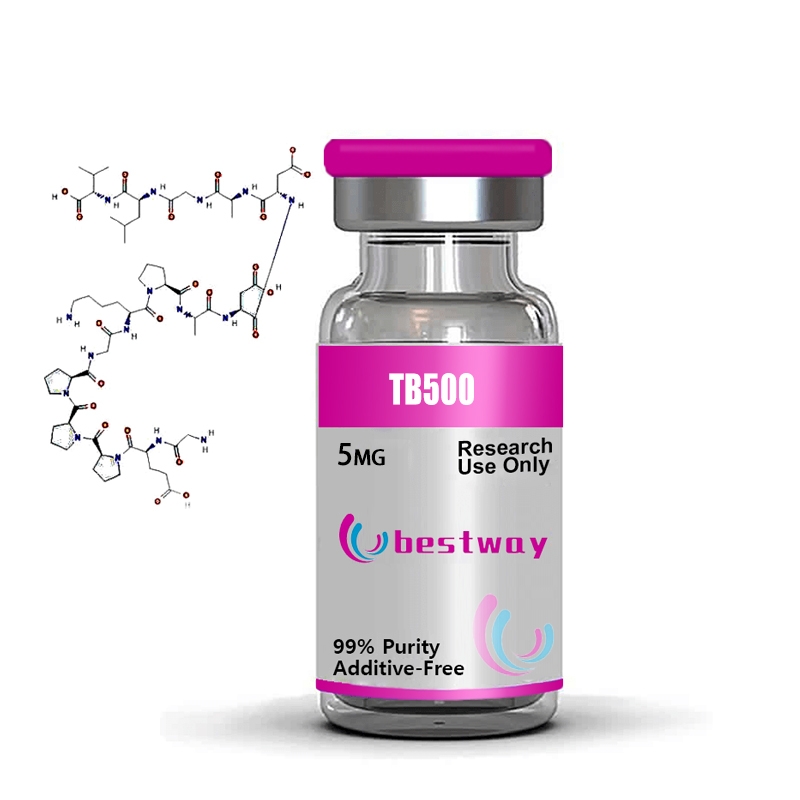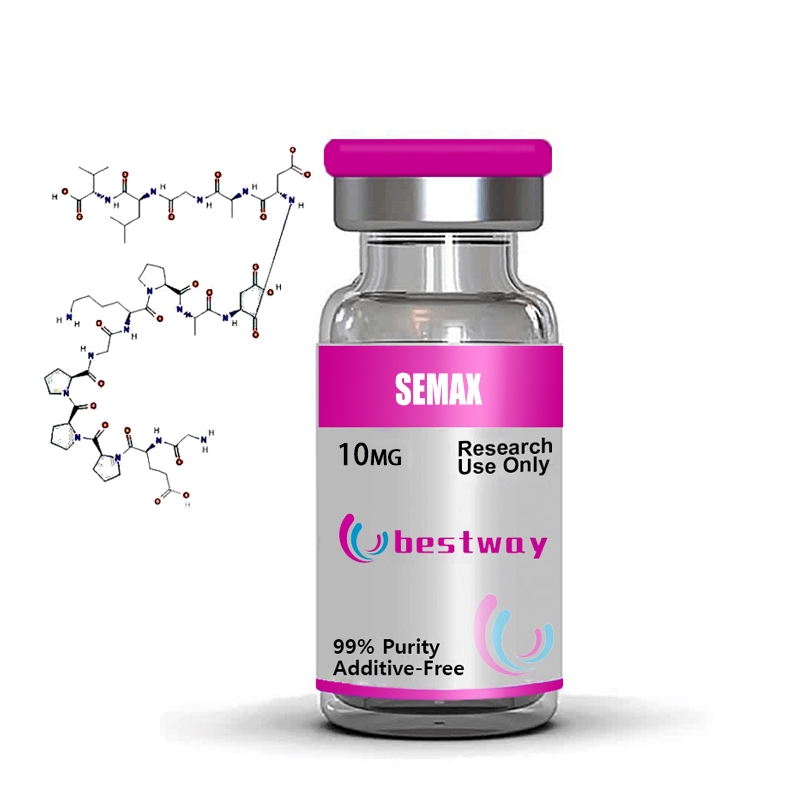-
Categories
-
Pharmaceutical Intermediates
-
Active Pharmaceutical Ingredients
-
Food Additives
- Industrial Coatings
- Agrochemicals
- Dyes and Pigments
- Surfactant
- Flavors and Fragrances
- Chemical Reagents
- Catalyst and Auxiliary
- Natural Products
- Inorganic Chemistry
-
Organic Chemistry
-
Biochemical Engineering
- Analytical Chemistry
-
Cosmetic Ingredient
- Water Treatment Chemical
-
Pharmaceutical Intermediates
Promotion
ECHEMI Mall
Wholesale
Weekly Price
Exhibition
News
-
Trade Service
Afatinib dimaleate is an anticancer drug that is widely used to treat a variety of different types of cancer, including lung cancer, breast cancer, and gastric cancer.
The production process for afatinib dimaleate involves several different steps, each of which is critical to the overall success of the process.
In this article, we will take a closer look at the production process for afatinib dimaleate, including the raw materials and equipment needed, the various steps involved, and the quality control measures that must be in place to ensure the final product is safe and effective.
Raw Materials and Equipment
The production of afatinib dimaleate requires a variety of raw materials, including phosphorus pentoxide, potassium iodide, and a number of other chemicals.
In addition to these raw materials, the production process also requires a variety of equipment, including reactors, distillation columns, and drying equipment.
The equipment used in the production process must be suitable for the specific chemical reactions and purification steps involved in the process.
The Production Process
The production process for afatinib dimaleate can be broken down into several key steps.
The first step involves the preparation of the raw materials, which typically involves mixing and grinding the various chemicals to create a homogeneous mixture.
This mixture is then introduced into a reactor, where the chemical reaction is initiated.
The next step in the process involves the isolation of the product, which is typically done using a variety of purification techniques, such as distillation and crystallization.
These techniques are used to remove any impurities that may be present in the product, and to ensure that the final product is pure and safe for use.
Quality Control
Quality control is a critical aspect of the production process for afatinib dimaleate.
The final product must be tested for purity, stability, and other factors to ensure that it meets all relevant regulatory requirements and is safe for use.
The quality control process typically involves a variety of tests, including chemical tests, microbiological tests, and other tests to ensure that the final product is of the highest quality.
Conclusion
The production process for afatinib dimaleate is a complex and multi-step process that requires a variety of raw materials and equipment, as well as careful attention to quality control measures.
With the proper equipment and a well-designed production process, it is possible to produce high-quality afatinib dimaleate that is safe and effective for use in the treatment of cancer.







